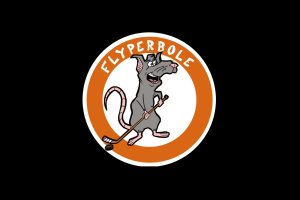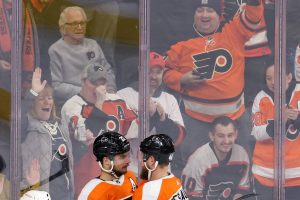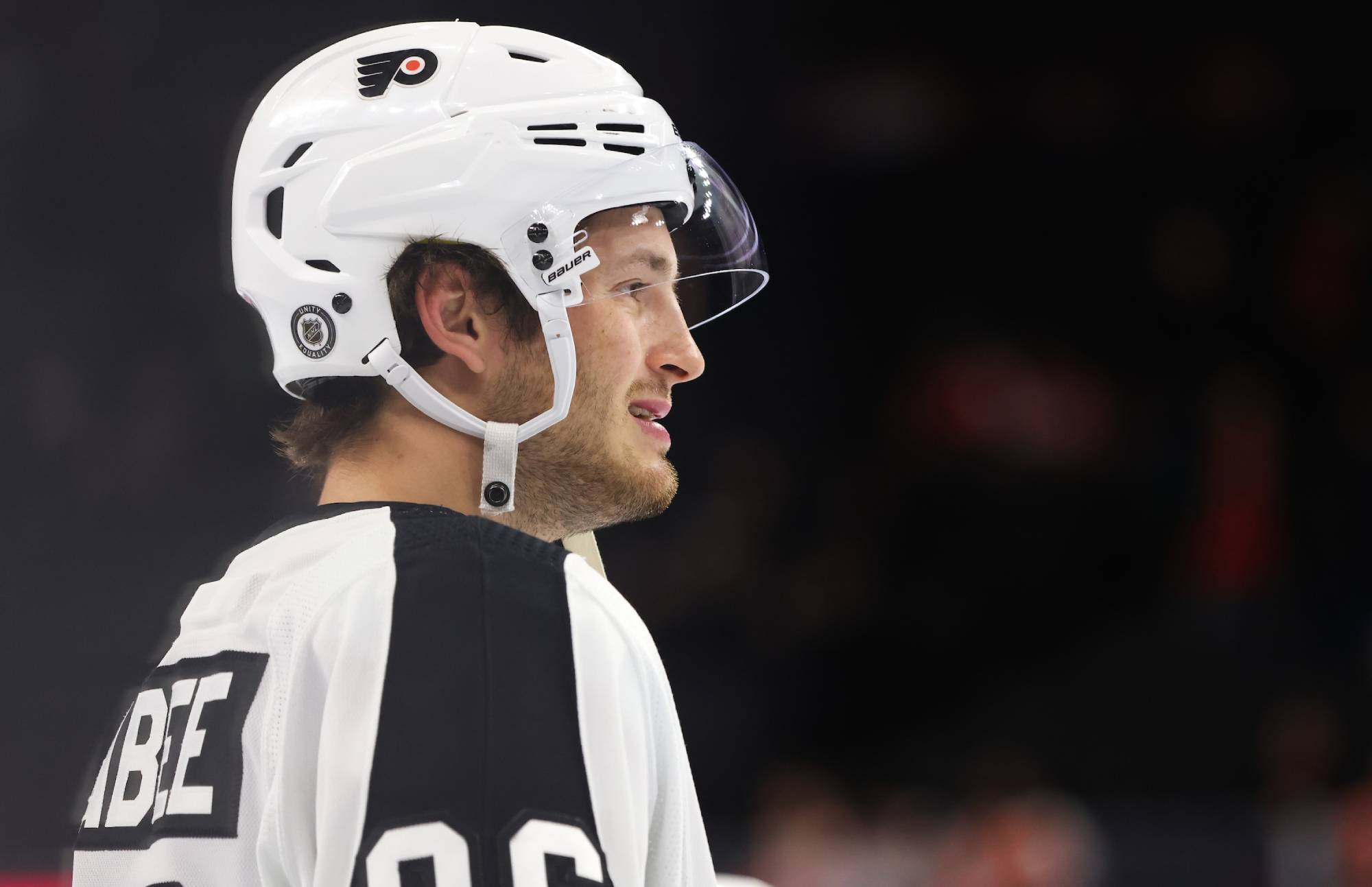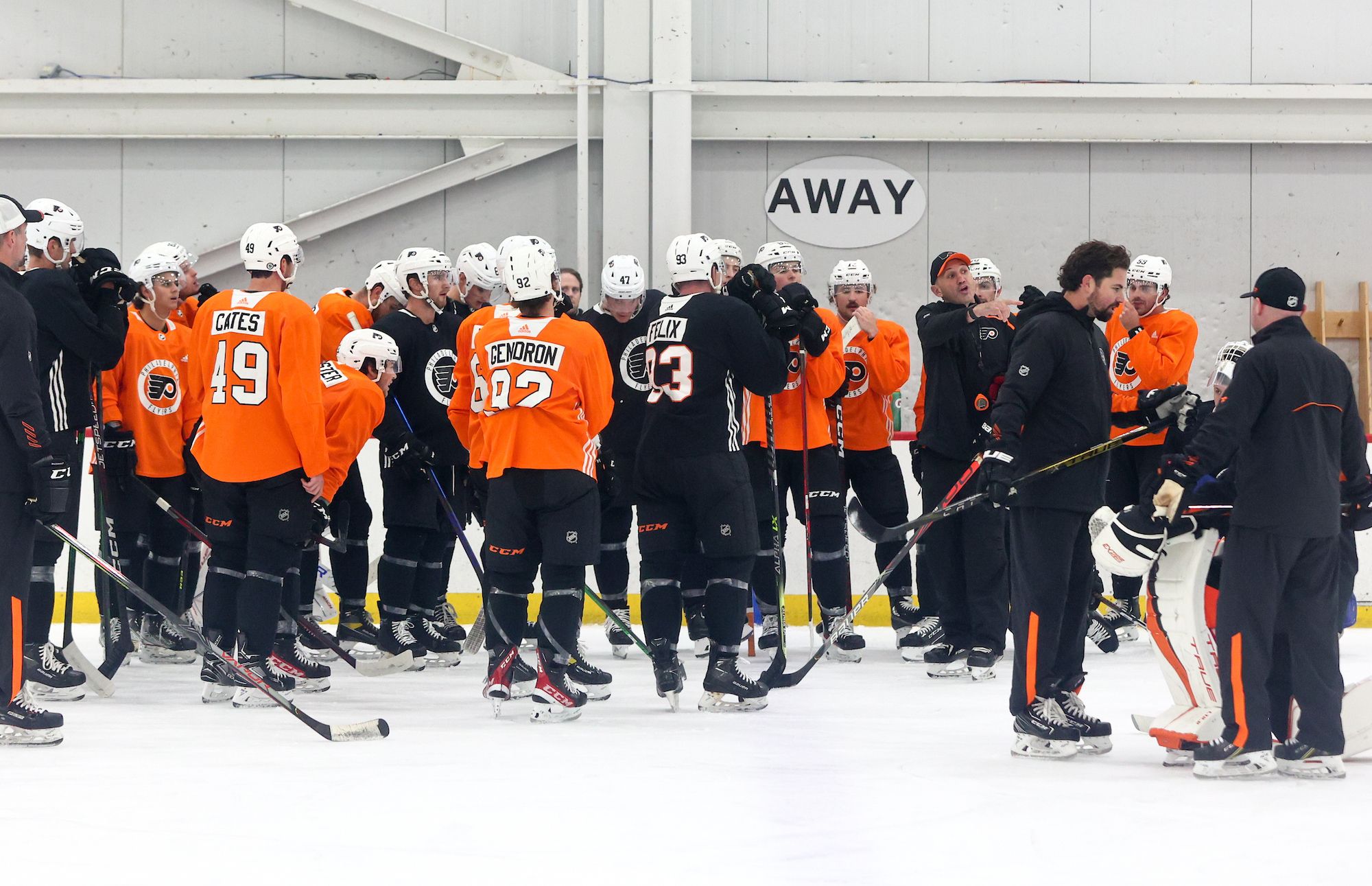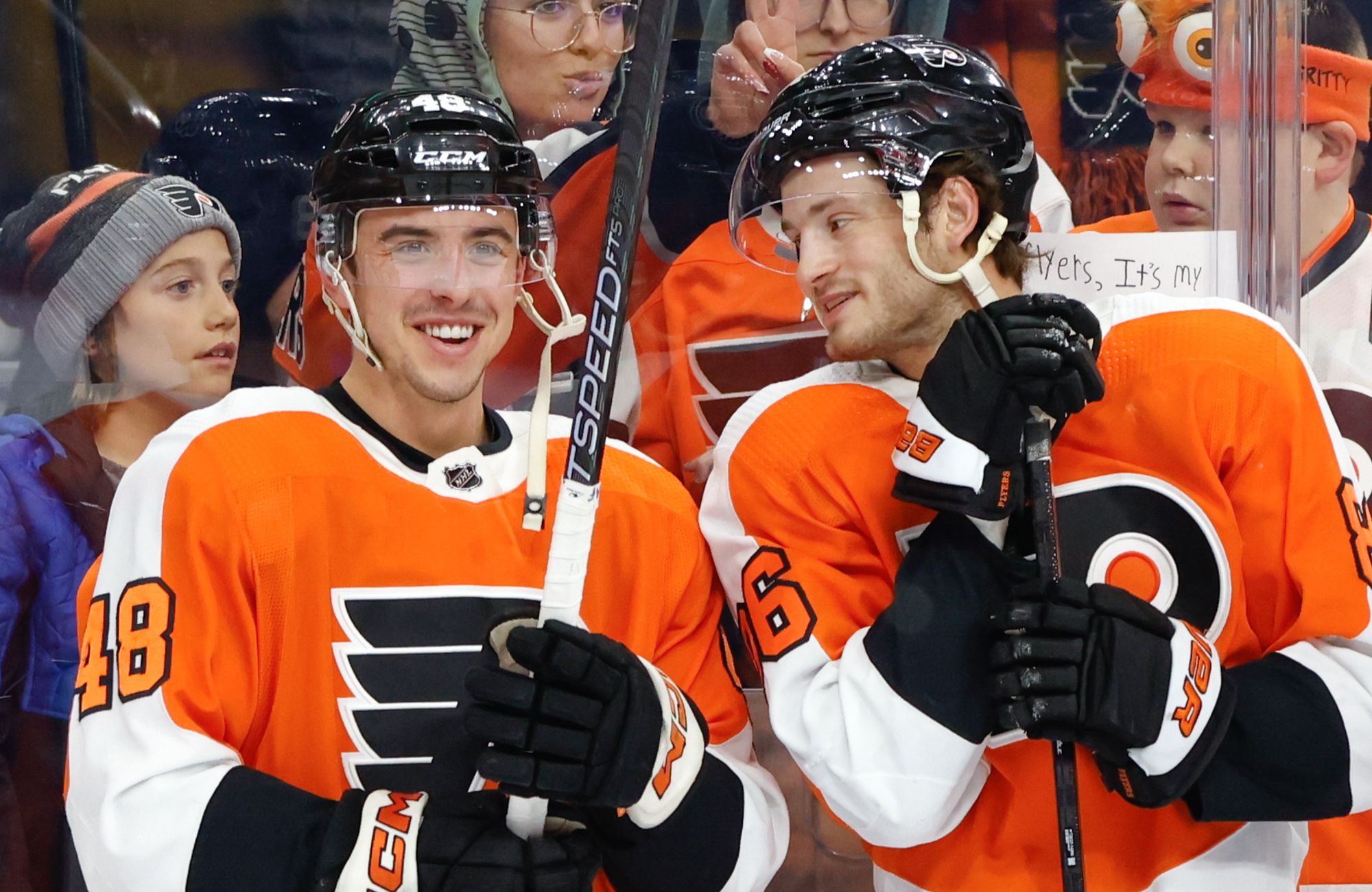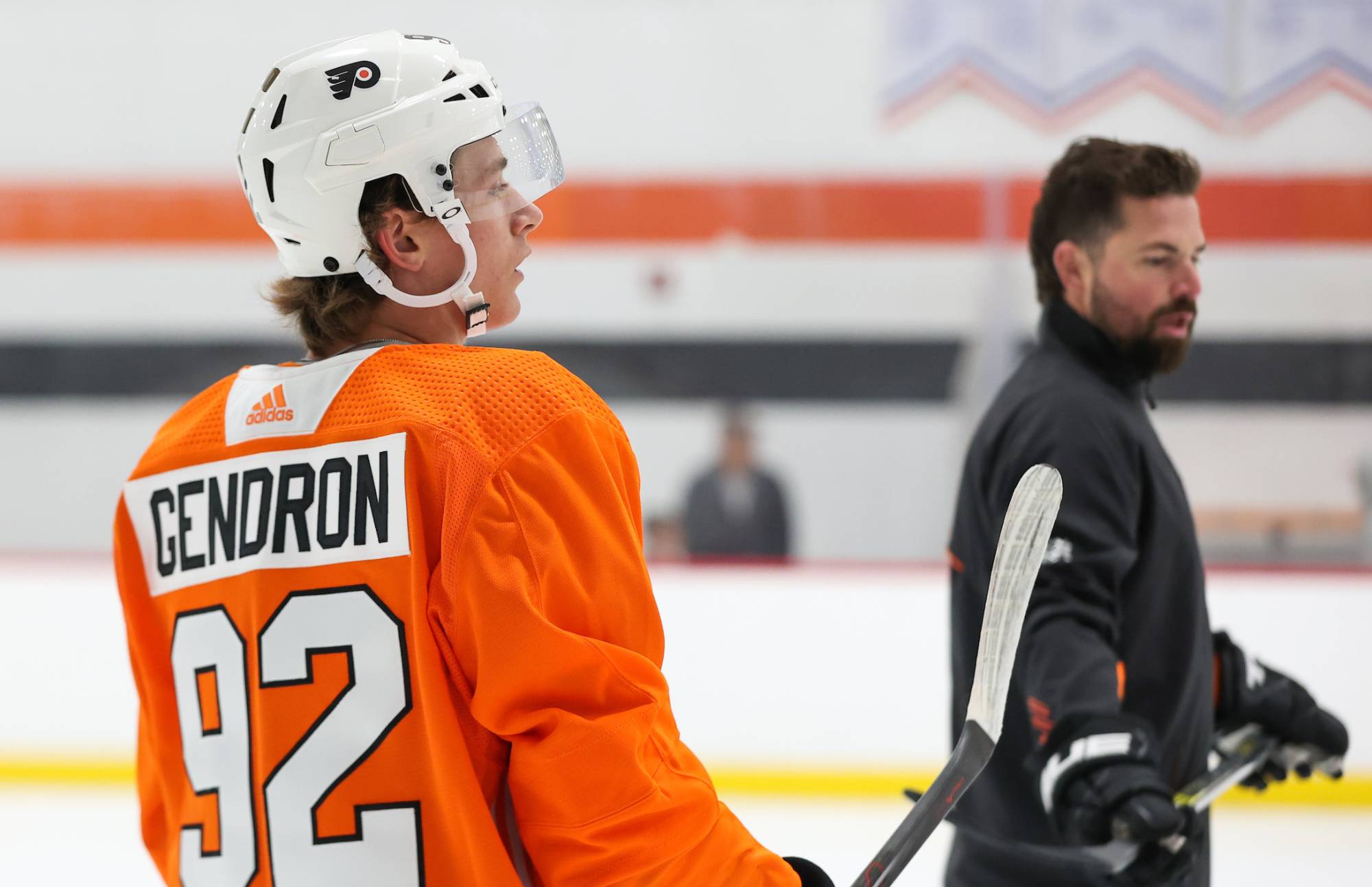Sports are a performance based, results oriented business where people, even friends, are fired and moved out due to their results or lack thereof. Some stays are longer and some are shorter, but….when it’s over, it’s over.
Those facts became even more evident Tuesday, as the Chicago Blackhawks fired three-time Stanley Cup Champion Joel Quenneville. Along with multiple Stanley Cup wins, Quenneville has amassed an impressive 890-532-77-137 record with an even more impressive 452-249-96 record in Chicago. It turns out this proven coach’s leash was exactly 15 mediocre games long.
This naturally leads a Flyers fan to wonder not only if Quenneville could be a fit here, but if he could really make a difference? Do coaches, any of them, really make a difference? The answer, in my opinion, is yes.
It’s easy to dismiss the benefits of a profession many people don’t truly understand, especially when we look at the sometimes confusing roster moves made by coaches who are pressured to win every game. However, the effects of a coaching change — when made correctly — are clear. It’s not just the impact the change has on systems or the ripple effect it has on other assistant coaches, but it’s also the impact of motivating and rejuvenating certain players. Nowhere are these types of changes more evident right now than with the Montreal Canadiens and New York Islanders.
Montreal’s coaching change began with exactly the same type of scenario last year. Claude Julien, a proven Stanley Cup winning coach was fired mid-year in Boston. Before many could even speculate where he might end up, Montreal — then in an 18-18-7 stall after a great start — fired coach Michel Therrien and replaced him with Julien. Though their season continued to spin out of control to some degree without Carey Price and Shea Weber, the change to Julien has since sparked the Canadiens in 2018-19. Montreal has begun the season with an 8-4-2 record and a new lease on life.
The Islanders had a different scenario all together that resulted in similar change. Not only did the Isles fire coach Doug Weight, but they also relieved their General Manager, Garth Snow, of duties and then subsequently lost their captain and best player, John Tavares, to Toronto in free agency. These types of things all at once generally don’t lead to a winning record the following year.
The Islanders replaced Garth Snow with Lou Lamoriello and hired last year’s Stanley Cup winning coach, Barry Trotz, out from under the Washington Capitals. They were then tasked with taking a team that was already not a playoff team last year and replacing John Tavares. How did they replace their top player? Valtteri Filppula, Matt Martin, Leo Komarov and Jan Kovar (who has already left the team). In short, the Islanders signed a collection of players, none of whom hold a candle to Tavares. The lack of a replacement was so jarring to some Islanders fans that they started posting videos of themselves on social media, burning the team’s jerseys and generally flying off the handle. Not good.
Naturally, this means the Islanders are worse this year, right? Wrong. The Islanders, under Trotz, now play a different style of hockey focusing on their strengths and relying less on wide open hockey. Now 8-4-2 atop the Metropolitan Division, the Isles are reaping the benefits that can accompany the correct hire, even when that hire is one that comes with a marginally flawed roster.
It can easily be argued that Philadelphia has as much, if not more, talent than the Islanders and Canadiens and yet they’ve vacillated between playoff year and regular season failure for the past six years. The Flyers have admirably managed to overcome their perennial slow starts under Dave Hakstol and Craig Berube before him, but is it possible that as far as Hakstol is concerned, enough is enough?
Michel Therrien, unlike Hakstol, was a veteran NHL head coach with more than 800 games to his resume and a .563 winning percentage, but when the time was right in the eyes of the Canadiens they let him go to hire the right candidate. Replacing Therrien with Julien brought in a coach who has currently coached 1117 games with 591 wins, a Stanley Cup Championship, and a .593 winning percentage. By comparison, Hakstol’s winning percentage after 261 games is .569 with a .333 winning percentage in the playoffs.
Doug Weight, like Dave Hakstol, had a very short NHL coaching pedigree but was liked by the Isles organization. At the time of his firing he had only coached 122 games with 59 wins and a .541 winning percentage. Weight had no playoff appearances on the Isle, which is ultimately what doomed him. Trotz, fresh off a Stanley Cup win and epic parade, now has 1538 games coached with 770 wins. With the Washington Capitals in 328 games he tallied 205 wins and a .677 regular season winning percentage. Though his earlier years in Nashville coaching a then expansion team weren’t as impressive, he still took them to the playoffs seven times in his last ten years before moving on to greener pastures.
While it’s clear to see that Hakstol based on performance probably stacks up closer to the coaches who have ultimately been replaced, how does Quenneville, a “should be” target of the Flyers, stack up vs Julien and Trotz? The answer… very well. Quenneville has more games coached (1636), more wins (890), a higher winning percentage (.609) and two more Stanley Cups than both Julien and Trotz. Beyond the stats, Quenneville has something the current Flyers team desperately needs… experience. The experience to bring rookies and veterans together and build a Stanley Cup caliber lineup. The experience to alter and change his lineups and systems to create the most favorable matchups for his team. The experience to take a roster that still has players like Claude Giroux, Jakub Voracek, and others and make it a winner right now.
Hakstol is no doubt a good guy who deserves a job in hockey and who has absorbed more than his share of sticks and stones but again, sports is a results oriented business. Perhaps with a 7-7-1 record and a marginal turn around in the past week, Ron Hextall may feel compelled to allow Dave Hakstol a bit more time, but he probably shouldn’t.
The hiring of Joel Quenneville, if possible, would be a feather in the cap of this organization and one that speaks more to Quenneville’s pedigree of success than Hakstol’s inability to push the team over the threshold of excellence. In this case, going after Quenneville would be more about doing what’s best for any up and coming team, not just this team.
Coaches with Joel Quenneville’s skill, simply don’t come along often, but when they do, teams need to take notice. The Flyers should be no exception. Most importantly, Quenneville can get this team to perform and right now after years of inconsistency, that’s all that matters.




